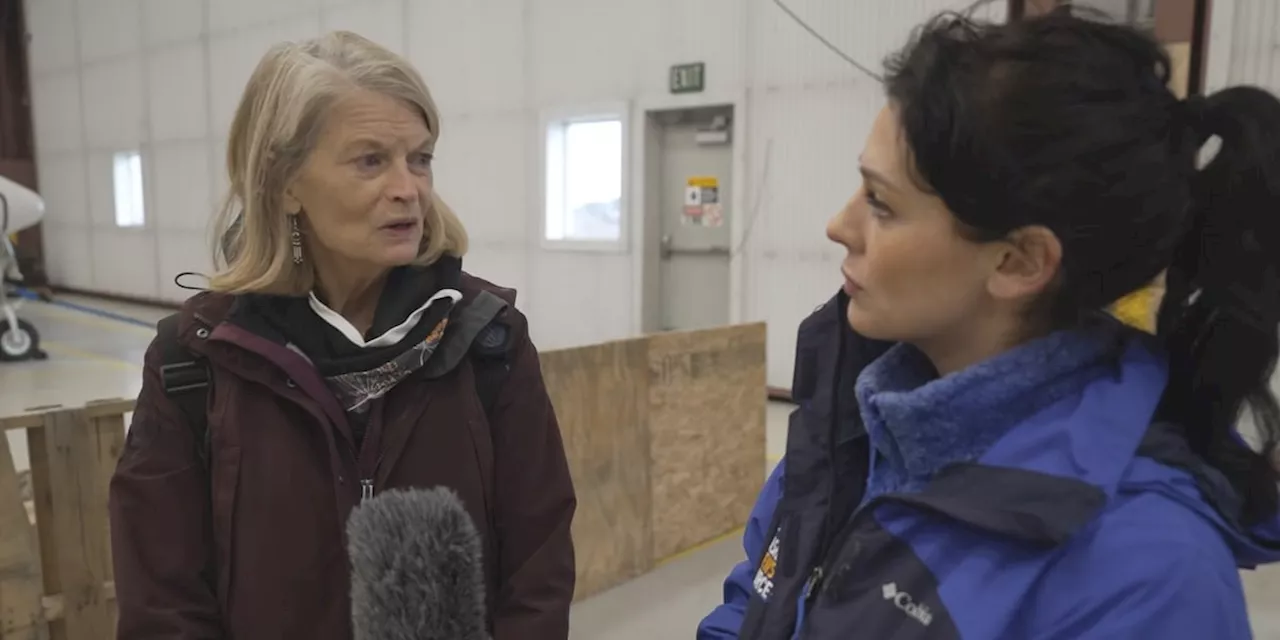UPDATE: New tariffs of 50% on coffee beans from Brazil are causing chaos for Alaskan coffee roasters, jeopardizing local businesses and hiking prices for consumers. This urgent situation affects the morning rituals of many Alaskans, who rely on coffee as a daily staple.
The tariffs, just announced by U.S. authorities, are set to disrupt the supply chain significantly. Coffee is not only a beloved beverage but also a cultural touchstone in Alaska, where local roasters like Kaladi Brothers and SteamDot play vital roles in the community. With over 30% of U.S. coffee imports sourced from Brazil, the impact of these tariffs is immediate and severe.
As Anchorage coffee roasters face skyrocketing costs for green coffee, many are struggling to maintain their operations. Higher prices for essential coffee varieties threaten to push small businesses to the brink of closure. “It’s survival for us,” said a local roaster. “When tariffs suddenly double the cost, our entire business model wobbles—sourcing, pricing, even planning.”
The tariffs are seen as a political maneuver linked to former Brazilian President Jair Bolsonaro and recent political turmoil in Brazil, not as a measure to protect American farmers—since, notably, there are no significant coffee farms in the continental U.S. The only American coffee growing region is in Hawaii, which cannot meet national demand.
Meanwhile, China is aggressively purchasing coffee, with its growing middle class developing a taste for specialty brews. This shift is reshaping global coffee trade dynamics, pushing American roasters into a tighter competition for quality beans. As China locks in long-term contracts, U.S. suppliers are left scrambling amidst unstable prices.
The repercussions of these tariffs extend beyond the coffee industry. Alaskans could face fewer choices at local cafes, alongside rising prices for their daily brews. “These tariffs don’t enhance the coffee experience—they simply add costs and uncertainty,” a local barista lamented.
The coffee community in Alaska is calling for immediate attention to this issue, emphasizing that these tariffs are not merely economic policies but a direct tax on their cherished morning routines. With coffee being integral to the social fabric of Alaskan life, this situation is dire.
As the industry grapples with these new challenges, coffee enthusiasts and local business advocates are urged to stay informed and support their local roasters. The fight against the tariffs is not just about coffee; it’s about preserving the culture and community that define life in the Last Frontier.
What’s next? Local roasters are mobilizing to challenge these tariffs, and the impact on the market will be closely watched in the coming weeks. Alaskans are encouraged to share their experiences and support local businesses during this challenging time.
Stay tuned for more updates as this developing story unfolds.







